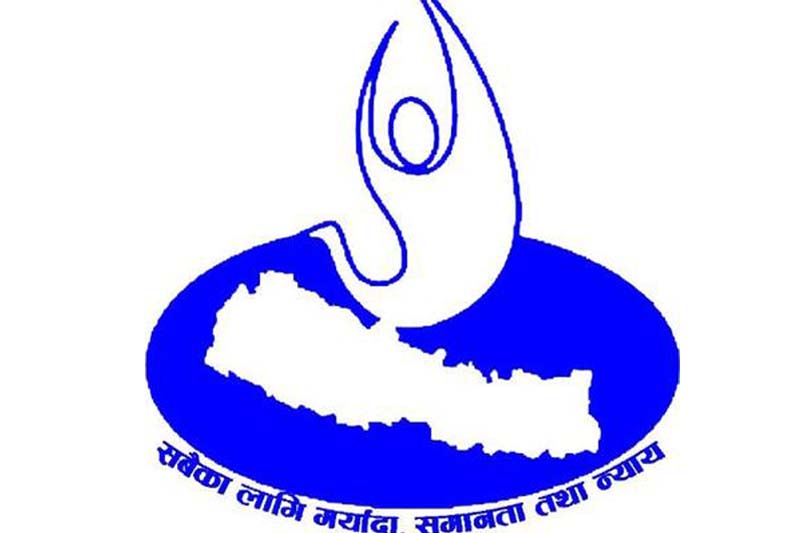NHRC tells government to improve living conditions in elderly homes
Kathmandu, December 8
The National Human Rights Commission has recommended that the government do the needful so that senior citizens living in elderly homes can live a dignified life in their autumn years.
A study conducted by the rights body warned that the human rights situation of senior citizens was deteriorating with each passing day and was likely turn worse from bad in future.
“The rise in the number of prisons and elderly homes is a premonition of failure for any country. One of the basic principles of human rights is that each senior citizen should have the right to live in his/her own home and any one with no kin to assist him/her should be cared for by the government. Despite this, we have come to a conclusion that it is impossible to scrap the provision of elderly homes due to family, social, educational and legal aspects and growing use of social networking sites,” the study report states.
The NHRC recommended that the government improve the living condition of senior citizens who are compelled to end up in elderly homes when hundreds of older people do not have any option to have their own home with family members, his/her sons, daughters-in-law, grandsons and granddaughters. Death of spouse, lack of caretakers and family affection are the main reasons why senior citizens fight against all odds in elderly homes.
The rights body recommended that the government establish a separate hospital for senior citizens; ensure free medical treatment for needy patients suffering from Alzheimer’s, dementia, cancer and paralysis; pay fee of economically backward persons living in care centres; provide for a provision of regular medical check-up; conduct health camp in elderly homes from time to time; make arrangements of separate ward for mentally unsound persons; set up geriatric ward in every hospital; and make arrangement of health workers and medicines in elderly homes, among others.
It has also urged the government to construct or improve infrastructures with compound and security guards, an ambulance and vehicle in an elderly home where at least 20 persons are living and check irregularities in allocating grants to elderly homes and daycare centres.
Some senior citizens living in elderly homes are deprived of government allowance owing to lack of citizenship certificates and procedural complexities, and hence the NHRC recommended that the government provide them the allowance where they are living.
As many as 141 elderly homes are in operation in 64 districts. Many elderly homes take care of senior citizens free of charge. A total of 1,577 senior citizens were living in elderly homes as of mid-October. Of them 965 are women and 612 men. The data show that the number of women living in elderly homes is higher by 44.7 per cent compared to their men counterparts.
The NHRC said this study was based on monitoring of 86 elderly homes, 30 daycare centres and six care centres of 49 countries.
The NHRC has also recommended that the government develop and implement substantial policies and programmes to ensure that the government investment reaches senior citizens in an equitable manner. The Ministry of Women, Children and Senior Citizens had invested Rs 130.1 million in the fiscal 2016/17 and Rs 110.3 million in 2017/18, the Ministry of Urban Development Rs 80.3 million in 2016/17 and Rs 100.7 million in 2017/18, and the Ministry of Finance Rs 70.1 million in 2016/17 for senior citizens.
The elderly homes are also supported by Nepalis living abroad, Parliamentarian Development Fund, Lion’s Club and various international organisations.






